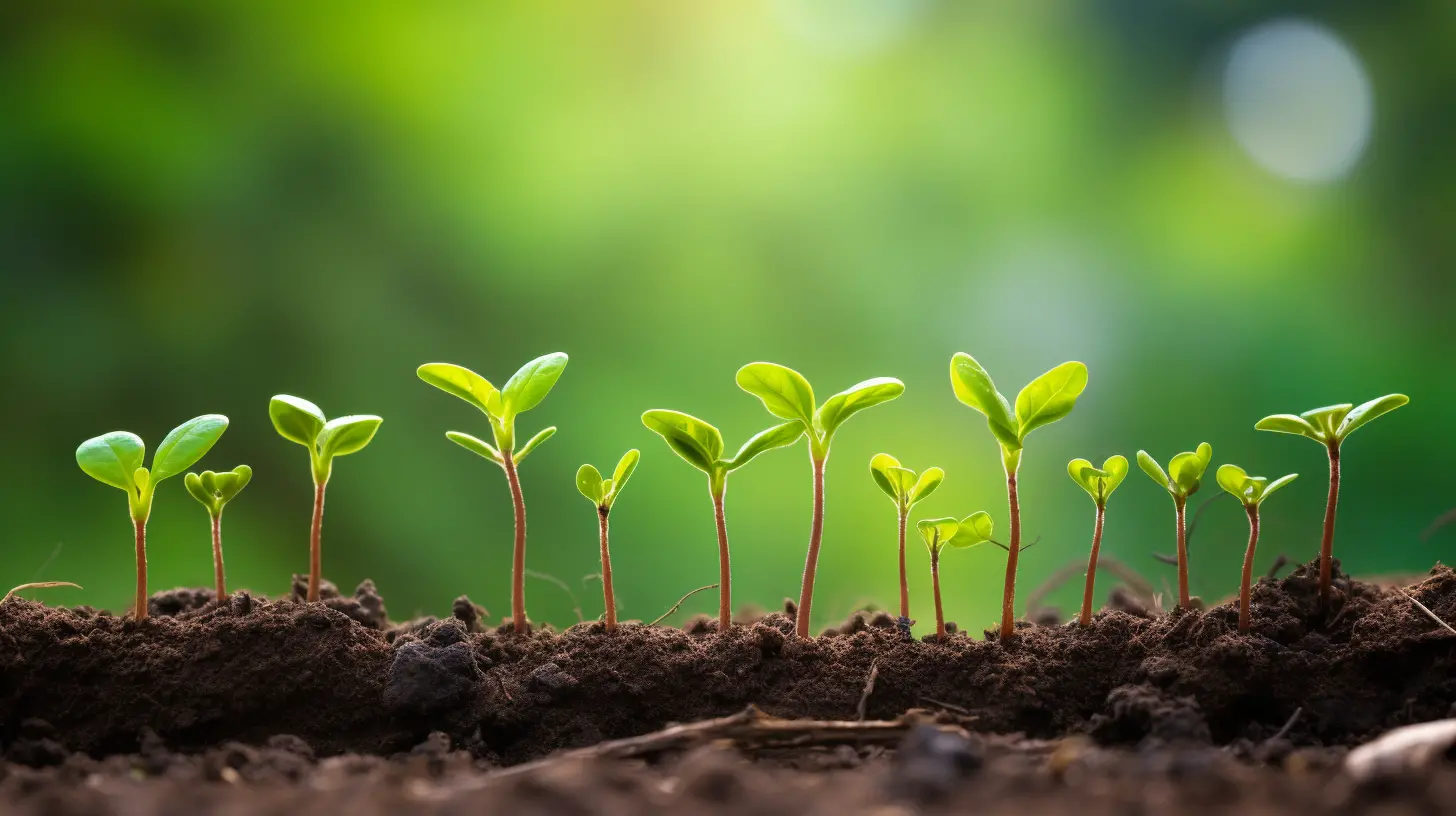Granular potassium sulfate is a key component in agricultural fertilizers, playing a crucial role in plant health and crop yield. Understanding its global supply chain helps stakeholders navigate various market dynamics, including demand, supply constraints, and pricing strategies.

Potassium sulfate (K2SO4) enhances the overall quality of crops, improving aspects such as yield, color, taste, and shelf-life. This nutrient is particularly vital for crops that require high potassium levels, such as fruits and vegetables.
The demand for granular potassium sulfate has increased due to the growing awareness of sustainable farming practices and the necessity for quality fertilizers. With a shift toward organic fertilizers, potassium sulfate has gained prominence.

Despite the favorable market conditions, the supply chain for granular potassium sulfate faces several challenges, including logistic constraints, geopolitical tensions, and fluctuating raw material costs. Suppliers must adapt through resilient strategies to mitigate these risks.
Emerging markets present significant growth opportunities for granular potassium sulfate suppliers. By focusing on developing regions with increasing agricultural demands, companies can expand their market share and foster long-term partnerships.

The global supply chain of granular potassium sulfate is complex but rich with opportunities. As demand grows, suppliers who can navigate challenges effectively and meet market needs will likely prosper in this vital sector of the fertilizer industry.